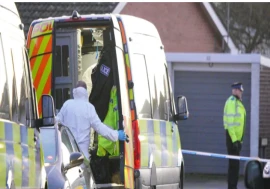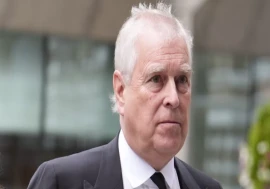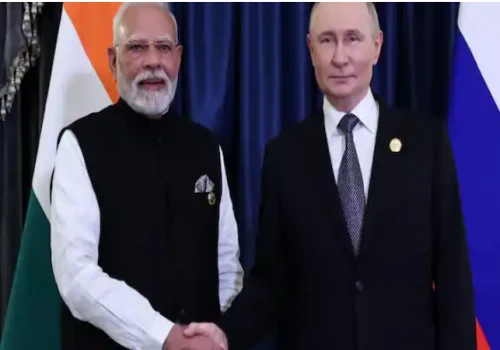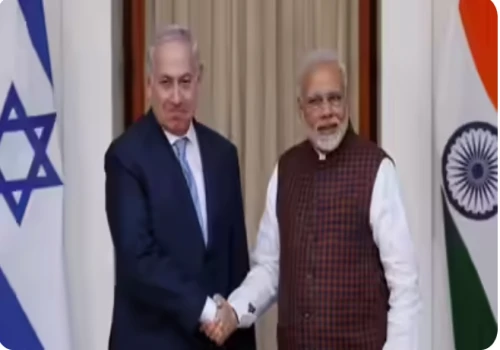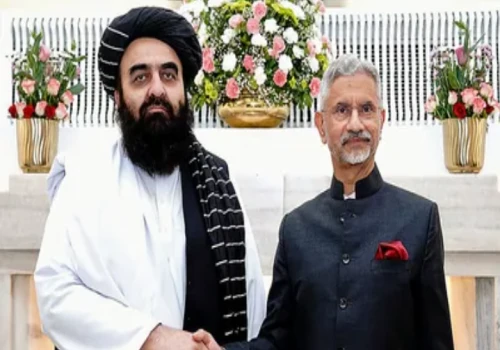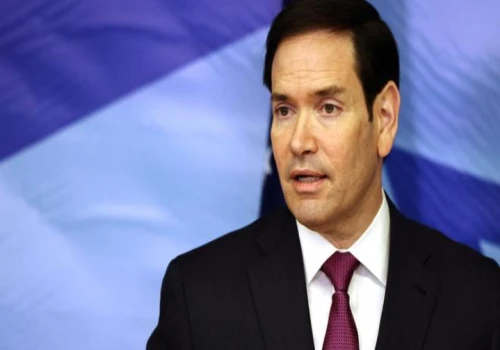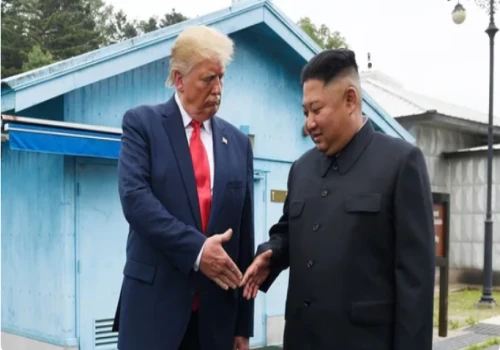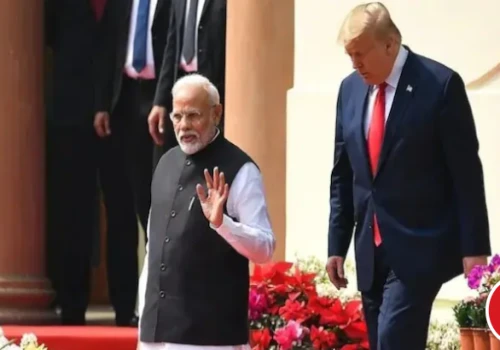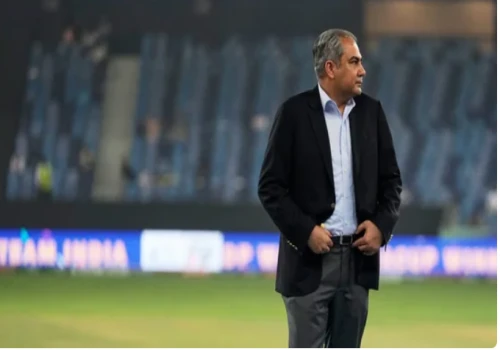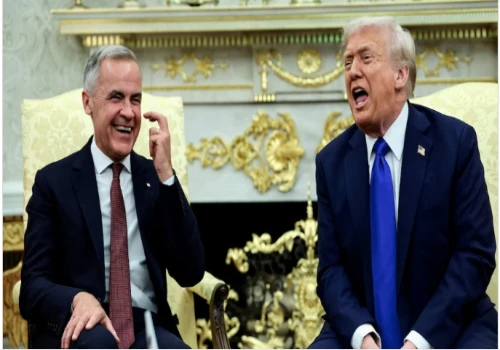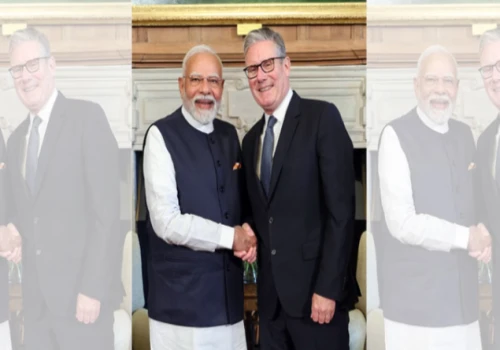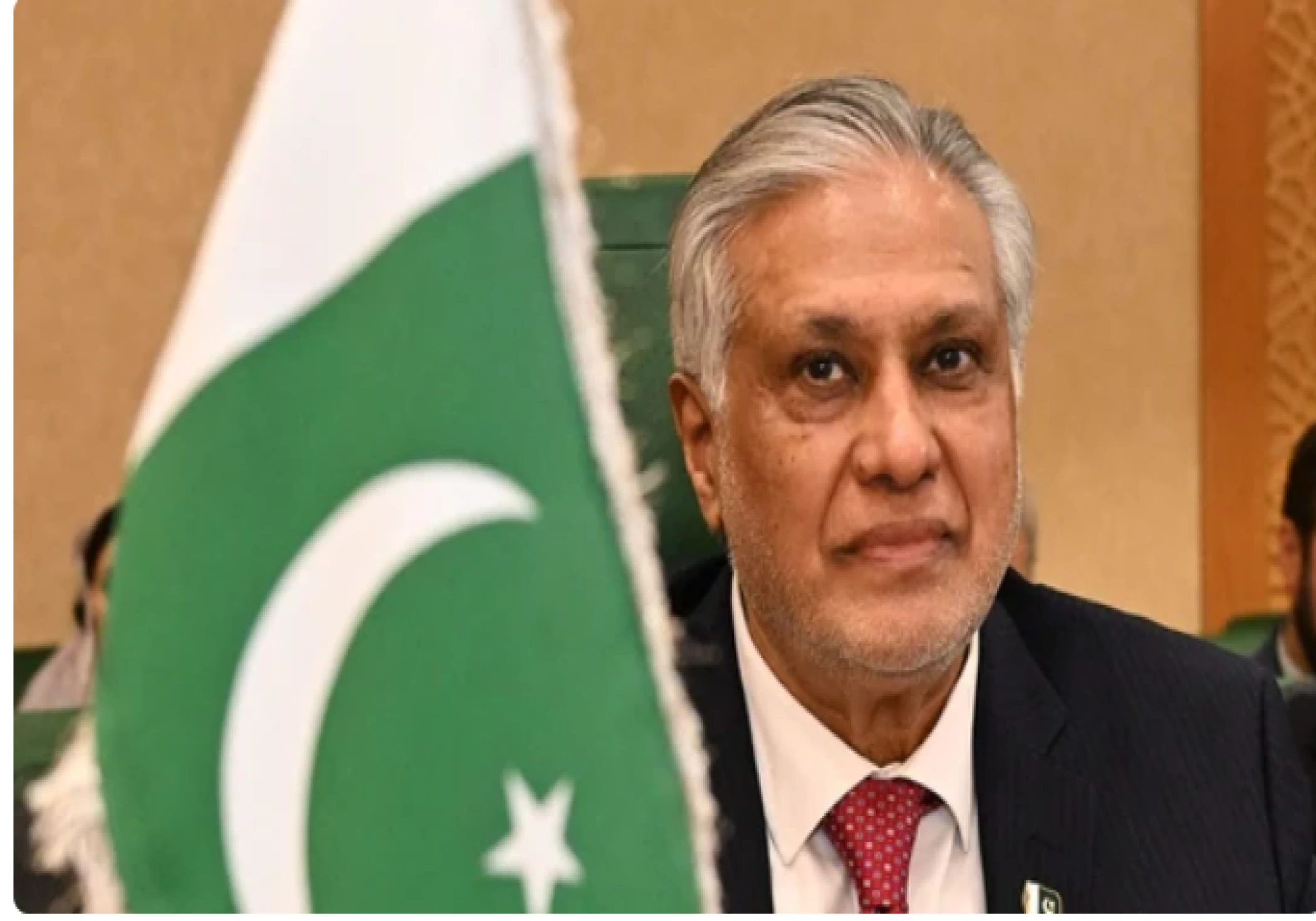
While Pakistan speaks of peace and dialogue, it firmly denies involvement in the recent Pahalgam terror incident, raising questions about its sincerity.
In the wake of the deadly terror attack in Pahalgam, Pakistan has denied any involvement, despite fresh evidence and allegations from Indian intelligence sources pointing towards cross-border links. At the same time, Islamabad continues to emphasize the need for peaceful dialogue with New Delhi. This contrasting behavior has sparked strong reactions in India, with many political analysts and defense experts questioning Pakistan's credibility in peace overtures.
India, mourning the loss of soldiers in the Pahalgam incident, has demanded accountability and concrete action against terror networks operating from Pakistani soil. However, Pakistan's foreign ministry has outrightly rejected the accusations, labeling them as “baseless and politically motivated.” The denial comes just as Pakistan’s Prime Minister called for “unconditional talks” with India to resolve long-standing bilateral issues, including Kashmir.
The dual stance — advocating for dialogue while denying responsibility for terrorist activities — adds complexity to an already fragile diplomatic equation. Indian officials argue that true dialogue can only happen in an environment free from terror and violence, while Pakistan insists on a broader conversation without preconditions.
Experts warn that until Pakistan takes demonstrable steps to curb terrorism originating from its territory, trust-building efforts with India will continue to face setbacks. The international community, including the UN and key powers like the US and Russia, have urged both nations to engage diplomatically but have also underscored the importance of counterterrorism cooperation.
The road ahead for India-Pakistan relations remains uncertain, clouded by suspicion and historical grievances — and the latest events in Pahalgam have only made the path more co
mplicated.

